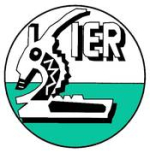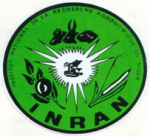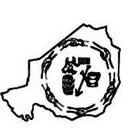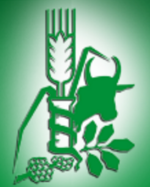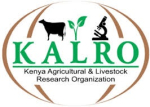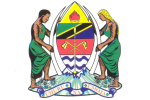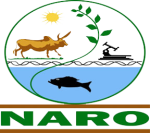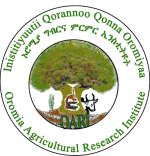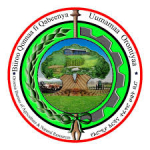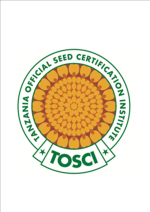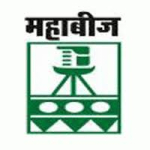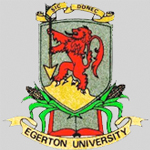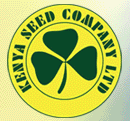CRP on Dryland Cereals - DC
Leader Zewdie Bishaw, International Center for Agricultural Research in the Dry Areas - ICARDA
Budget 2024
USD : 0
Clusters: 7
Description
Region-specific information on market demand for seed of dryland cereal hybrids or OPVs is scattered, which makes it difficult to determine the types of products to be developed, or to identify farmer response to the range of products under development. We intend to combine seed-system analyses and country case studies along the ‘seed value
chain’ to identify systemic bottlenecks, and facilitate the formulation of robust policies and strategies
for specific country situations. We will also conduct an industry mapping of actors in the input value
chain (seed and fertilizer) to understand key constraints, challenges and strategies to overcome gaps,
as well as policy and infrastructure issues in input supply and delivery systems. In sub-Saharan
Africa, feasibility studies are required to identify the most appropriate impact pathways and the
commercial opportunities for private seed companies. Such evidence-based analyses will enable
advocacy for the development of formal and private seed sector for dryland cereals. Linkages with the private seed sector are very critical to the transfer and commercialization of technologies from lab
to land, as the private sector is closely associated with farmers and end users, and can play a vital
role in understanding customer needs and priorities. Dryland Cereals will lobby for change on seed
policies through umbrella groups such as ASARECA and CORAF/WECARD. Areas of importance
include harmonized varietal release policies, acceptance of quality declared seed or truthfully-labelled
seed as a legal seed class, and reform of national seed laws.
A framework for fast-track variety release and accelerated seed multiplication will be advocated
to strengthen NARS to ensure regular supply of basic (foundation) seed. Small-pack seed
distribution will continue to be popularized to support smallholder women farmers and to create
awareness of new varieties. Functional seed units with adequate access to physical, human and
financial resources will be supported or established to overcome critical gaps in basic (foundation)
seed production by the NARS. These activities will be linked to large-scale certified-seed
multiplication, by partnering with existing public seed enterprises, emerging private seed companies
or existing/newly formed small-scale enterprises wherever a formal seed sector is absent. These
efforts will be augmented by stronger capacity development of partners including NARS, seed
producers, agro-dealers and farmers. This Flagship will address IDOs 1 and 2.
Key Documents
Atlas
Clusters
Projects
| Acronym | Project Title | Year | Section | Leader | Center | Budget | Start Date | End Date | View |
|---|
Personnel Involved
Partners
















